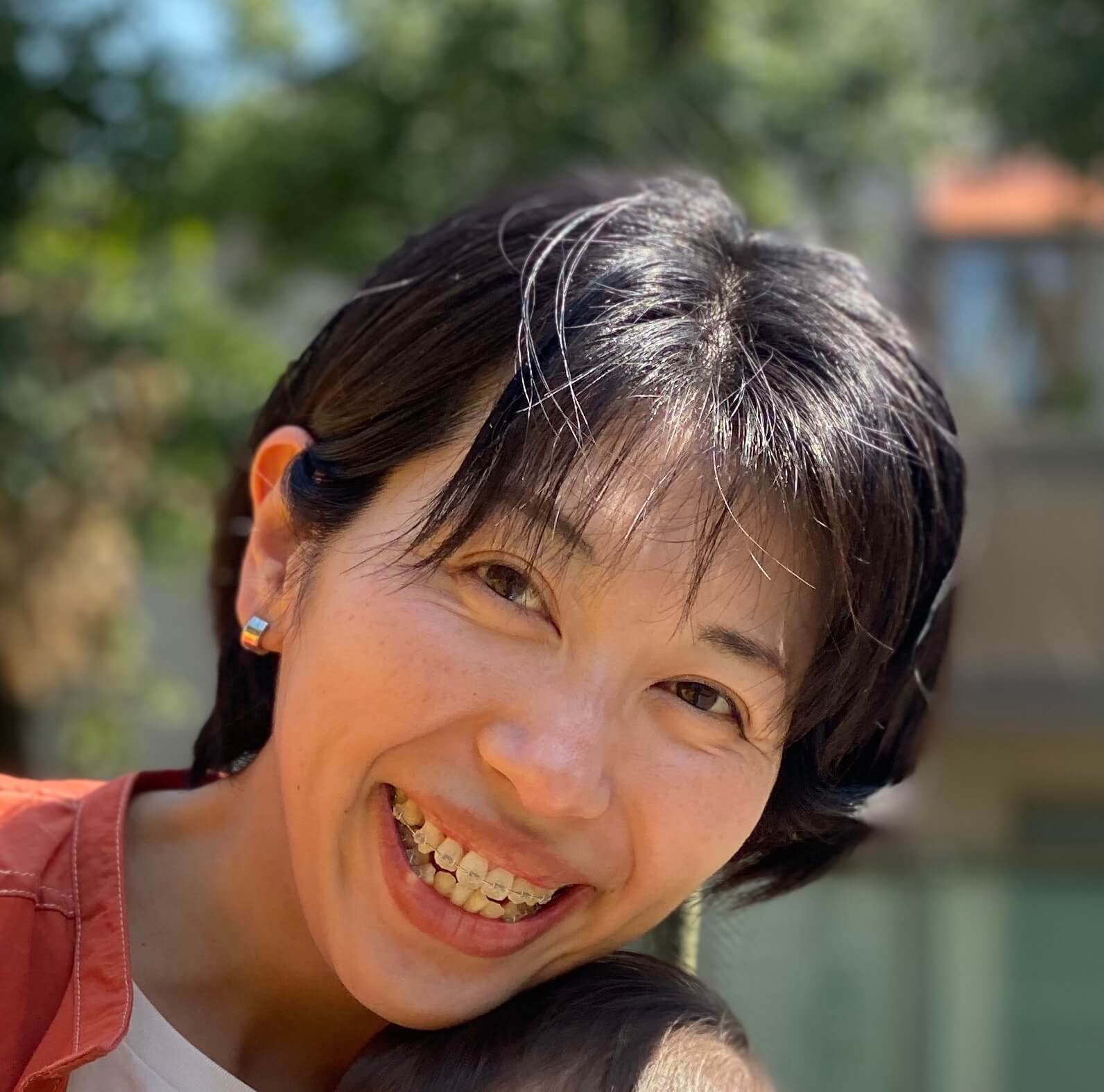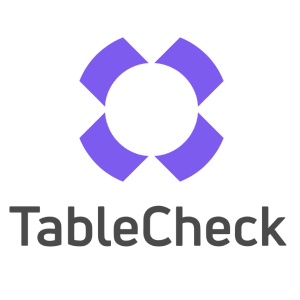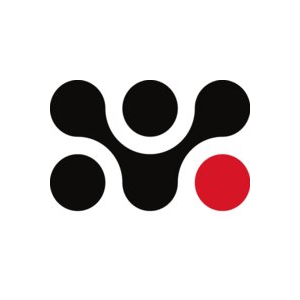Updated February 21, 2024
3 Lessons I Learned as a New Business Owner and Parent in Japan
3 Lessons I Learned as a New Business Owner and Parent
February marked the first anniversary of launching my business. Naturally, I have some reflections on my progress since then.
I was going to keep this to myself but I’m here to share with you some mistakes and lessons in hopes that someone reading this might find this insightful. I decided to write the lessons as a new business owner and parent because these two roles have been closely intertwined for me.
This article may be interesting to you if you:
are thinking of starting a business, either on the side or full-time
want to know what it’s like to start a business and be a parent
I think it would also help to highlight some background facts:
My business is completely online and I work alone
My partner has a full-time remote job
My daughter goes to a small nursery school (a total of 10 kids)
In this article: 📝
Lesson 1: Have plans ready for when your child gets sick
Let’s start with the biggest lesson.
I knew going in that I didn’t have it all figured out. I didn’t know exactly how much money I was going to make or what kind of life I’d have in a year.
In some ways when you’re new, everything is unexpected. What I hadn’t realized was that many of the surprises would come from my role as a parent. If you have a young child and they’ve only been in nursery school for less than a year, there’s a high chance they’re going to get sick very often. In Japan, we often use the term 洗礼を受ける senrei wo ukeru or ‘being baptized’ to describe this phase when children continuously get sick while developing their immune system.
The bonus is you and your partner, or whoever else is at home also get sick. Germ Party!
My daughter was no exception and she fell ill for over a month unexpectedly. This was also about a month after I had gone full-time on my business. I had some new opportunities that I was excited about but I eventually had to let go of some of them to take care of her.
I felt very guilty for not committing to the opportunities. It impacted my confidence to continue building the business that I so passionately cared about. It was tough to say the least.
For how challenging the situation was, I do think we did pretty well handling it. There are also a few things, though, I’d do differently if I had to go through the same experience again (hopefully not!).
The first is to make sure you and your partner have plans on what to do when your child is sick and cannot go to nursery school. Planning means having answers to questions like:
Who will take time off from work? For how many hours and when?
Who will take the child to the doctor?
Who will handle which household chores?
How can we allocate tasks if the situation goes on for a week?
The additional challenge we faced as an international couple was external communication. My husband is not a native-level Japanese speaker while I am. This meant that for things like going to the doctor and communicating with the nursery school teachers, I would be the main point of contact. My husband still came for the doctor’s visits and talked to the teachers.
I’m going to confess that there were times I wished he could speak fluently but what I realized was his effort to engage provided emotional support for me.
To come back to having a plan, I think it would be already agreed upon beforehand so that when the situation does occur and you can’t send your child to nursery school, you’ll know exactly how to manage the situation.
The second is to get information on where you can get 病児保育 byouji hoiku. These are paid services where they keep children who are sick, in case the parents need to work.
I had already known a place in my neighborhood but I only found out that this place had very limited spots that got filled up very quickly exactly when I needed it. I had to contact other locations after my daughter got sick to figure out where else I could contact.
If I had already known where they were and exactly what was needed to apply, it would have made it easier for me to plan days when I needed someone to take care of her.
The silver lining of the situation was getting so much support from the nursery school teachers. They would text and call me to ask how my daughter was doing. When I began looking for other pediatricians, they even gave suggestions.
I do want to mention this is probably a rare case. Our daughter goes to a 認可外保育施設 ninkagai hoikushisetsu where there are very few kids. The parents and teachers have a rather close relationship. The surprising impact of communicating so often and getting to know the teachers was that it reminded me what kind of business I wanted to create.
Lesson 2: Check in with your priorities. Do your actions align?
This goes back to the times when my daughter would get sick and stay home. I still feel my throat tighten with guilt for even thinking this but I was so frustrated with not being able to work in the way I wanted to, I sometimes blamed my daughter.
“Why can’t you just get better already?” “Can’t you give me just one hour of quiet time?” I also sometimes acted like the victim of the situation, even being envious of my husband for having meetings and working more than me. When the thought of being a victim kicks in, it’s really hard to get out of it, especially if you’re under constant pressure and stress. Did I also mention being sleep-deprived?
So this is what I did to slowly ease out of the victim phase. I sat down one day and tried to imagine how I wanted my time to flow.
If I had the power to spend a day in whatever way I wanted to, what would I do?
I did my best to imagine the details without judging myself. I imagined getting up in the morning, well rested, and having breakfast with my family. Time flowed gently and quietly. I saw myself spending time with my daughter. We were laughing and playing.
What I realized after was that even though I thought I knew my priority was my family, my actions weren’t completely aligned. Without realizing it, I was trying to put work at a higher priority and this was causing a lot of stress.
There was a discrepancy between what I thought was my top priority and the actions I took to demonstrate it.
Since then, I’ve become more conscious of when I’m spending time with my family. I’ve also learned that there are moments when these priorities can shift and it’s ok. There are times when I consciously decide to dedicate more time to work because there is a purpose and desire to serve people. I’m learning to feel less guilty of how I spend my time.
Lesson 3: Go Simple.
The beauty and challenge of being a new business owner in today’s times is you have access to so many services and tools, all a few types away.
As soon as I registered my business, I began experimenting with various social media platforms and first was Instagram, which led me to use an app called Captions that helps to put subtitles on my Reels. To create a website, I went to Squarespace and then Canva for other designs.
When I started a podcast I started using Podcaster, which then shifted to Riverside. Of course, then I got Google Workspace and Notion… Before I knew it I was spending too much energy and time on maintaining everything. When I look back, I realize the decision to purchase something new started with thoughts like “I wish I could make this look nicer” or “I wish I could do this faster”.
I sometimes like to imagine myself as a backpacker when it comes to running my business. When I realized how my business backpack was carrying so much weight, I knew it was time to declutter. As a former backpacker (and forever at heart) I know how to pack a 35L backpack with essentials for a trip (I walked 10 days to Rome with 2 shirts). So I decided to apply the same process I used to pack my bag. Some questions I’ve asked are:
What is my immediate goal? (Get through the day without dying)
Will not having this thing kill me? (I know, I’m dramatic!)
What are some possible worst-case scenarios that may come with not having this? Can I use something I already have as a temporary replacement?
When I applied these questions, most of the stuff I had subscribed for was non-essential. I’m still in the process of organizing and decluttering so I’ll need to update you on how things will be in the future but for now, this is the phase I’m in. Going minimal with my business reflects better the person I am and I’m glad to have come to this understanding today.
Now that I’m seeing myself as a backpacker on this journey, I feel more excited and curious to find out what’s ahead.
Conclusion
I’m usually not a person who remembers anniversaries very well. I remembered it had been a year since I started my business when I was filling out a form for taxes. I laughed and said to my husband, “It’ll be exactly a year tomorrow!”
As I reflect on my journey so far, there were 3 big lessons I gained. The first lesson was the importance of preparation for unforeseen challenges that come from dealing with a sick child at home. For me, continuous communication and sharing roles with my partner, along with creating a trusting rapport with the nursery school teachers helped weather the situation.
The second lesson was making frequent check-ins with myself to see if my priorities were aligned with my actions. This helped me be more present and enjoy the time I had.
Finally, the third lesson was adopting a minimalist approach to my business just as I have always done in my travels. I still feel like a newcomer and a beginner in the world of business and parenting. I hope to continue on this path of many learnings.
Get Job Alerts
Sign up for our newsletter to get hand-picked tech jobs in Japan – straight to your inbox.







